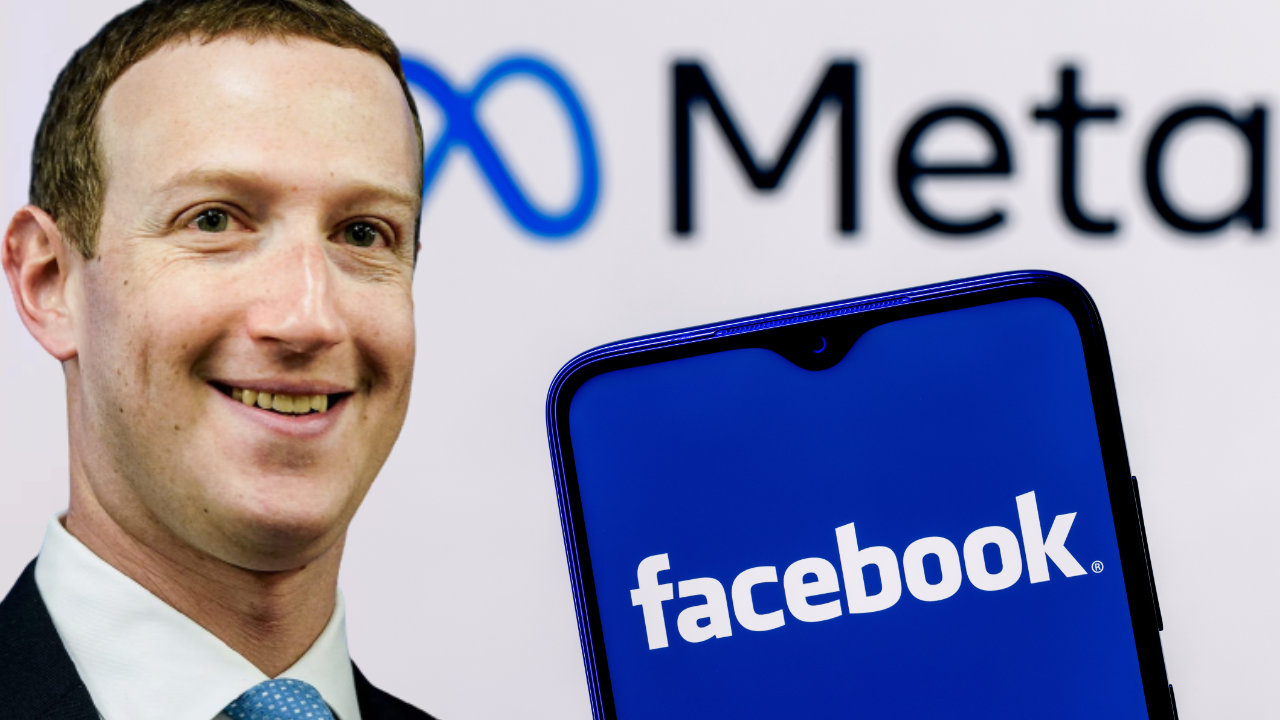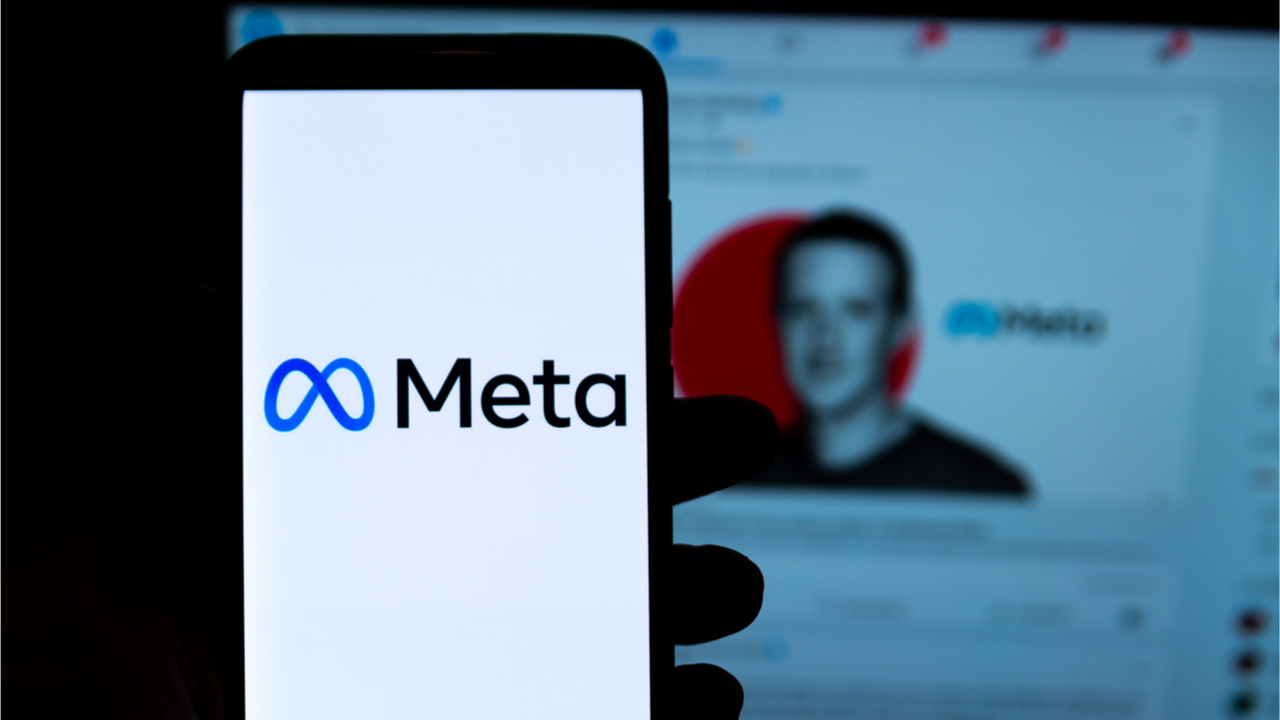
Dorsey said that although Facebook probably started Diem for “the right reasons,” it should’ve used an open-ended protocol like Bitcoin rather than attempting to create its own currency.
Twitter founder Jack Dorsey said that Meta’s failed cryptocurrency project Diem was “wasted effort and time,” and it should have focused its efforts on “making Bitcoin more accessible for everyone.”
MicroStrategy CEO Michael Saylor interviewed Dorsey on Tuesday at his company’s “Bitcoin for Corporations 2022” conference about how corporations could integrate and use Bitcoin (BTC).
Dorsey said that although Facebook probably started Diem for “the right reasons,” it should’ve used an open-ended protocol like Bitcoin rather than attempting to create its own currency.
“This whole thing with Libra and then Diem, I think there’s a ton of lessons there,” Dorsey told Saylor. “Hopefully they learned a lot, but I think there was a lot of wasted effort and time.”
His criticism of Twitter’s more popular and successful social media counterpart should perhaps come as no surprise. Since stepping down from his role as Twitter CEO in Nov last year, Dorsey has since made is clear that he plans to make Bitcoin the focus of his new company, Block (formerly known as Square.) Block allows users to purchase Bitcoin through mobile payments service, Cash App.
“Those two or three years or however long it's been could've been spent making Bitcoin more accessible for more people around the world.”
Dorsey added that making BTC more accessible would also benefit many of Meta’s products, specifically referring to Facebook Messenger, Instagram and WhatsApp.
“We have this open network right now. And it's usable. It's not accessible to everyone, but it’s usable. The easier we make it, the faster we make it, the more approachable we make it, it's going to better everything. Including everything Facebook intended to do with Libra.”
In 2019, Facebook (now branded as Meta Platforms) released the white paper for Libra, its long-awaited crypto-based financial infrastructure project today. However, following a slew of regulatory hurdles and bad PR that forced the project to rebrand to Diem in Dec 2020, it ultimately came to an untimely end.
Related: Zuckerberg's Diem reportedly weighing sale after stablecoin plans falter
Meta officially announced it would be selling Diem’s intellectual property and other assets to Silvergate Capital Corporation on Jan 31 2022 for the aggregate value of $182 million, officially handing over the ropes yesterday on Feb 1.
On Jan 12, a Cash App upgrade integrated the Bitcoin Lightning Network, allowing faster and cheaper BTC transfers using the layer-two (L2) payments protocol.










